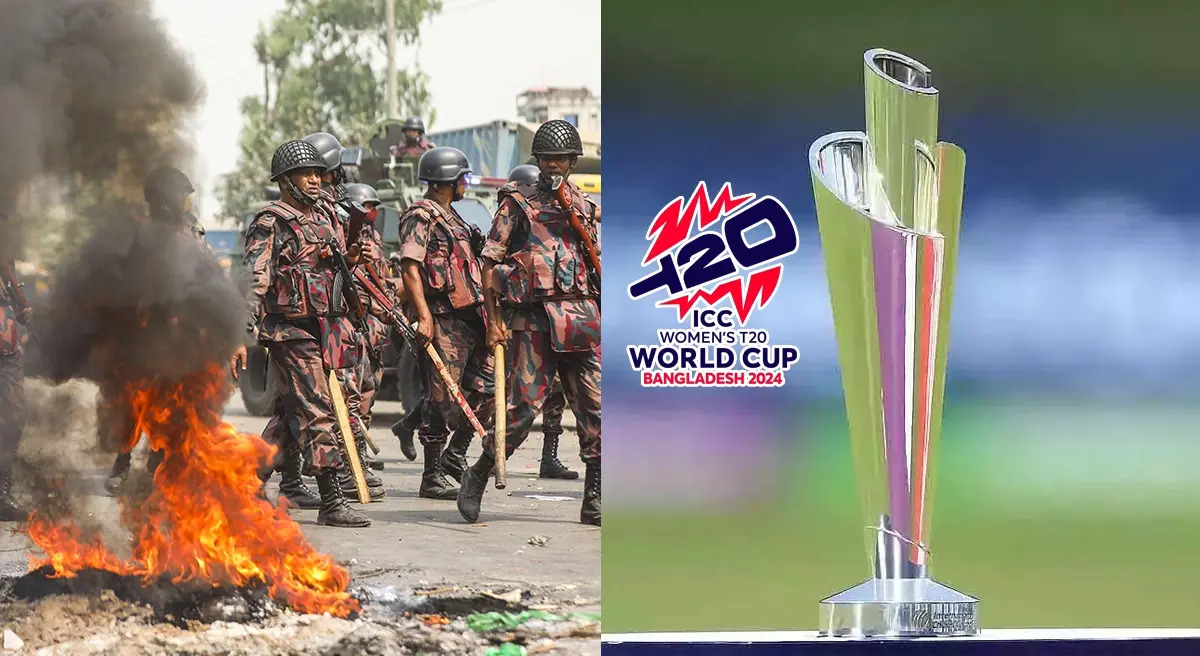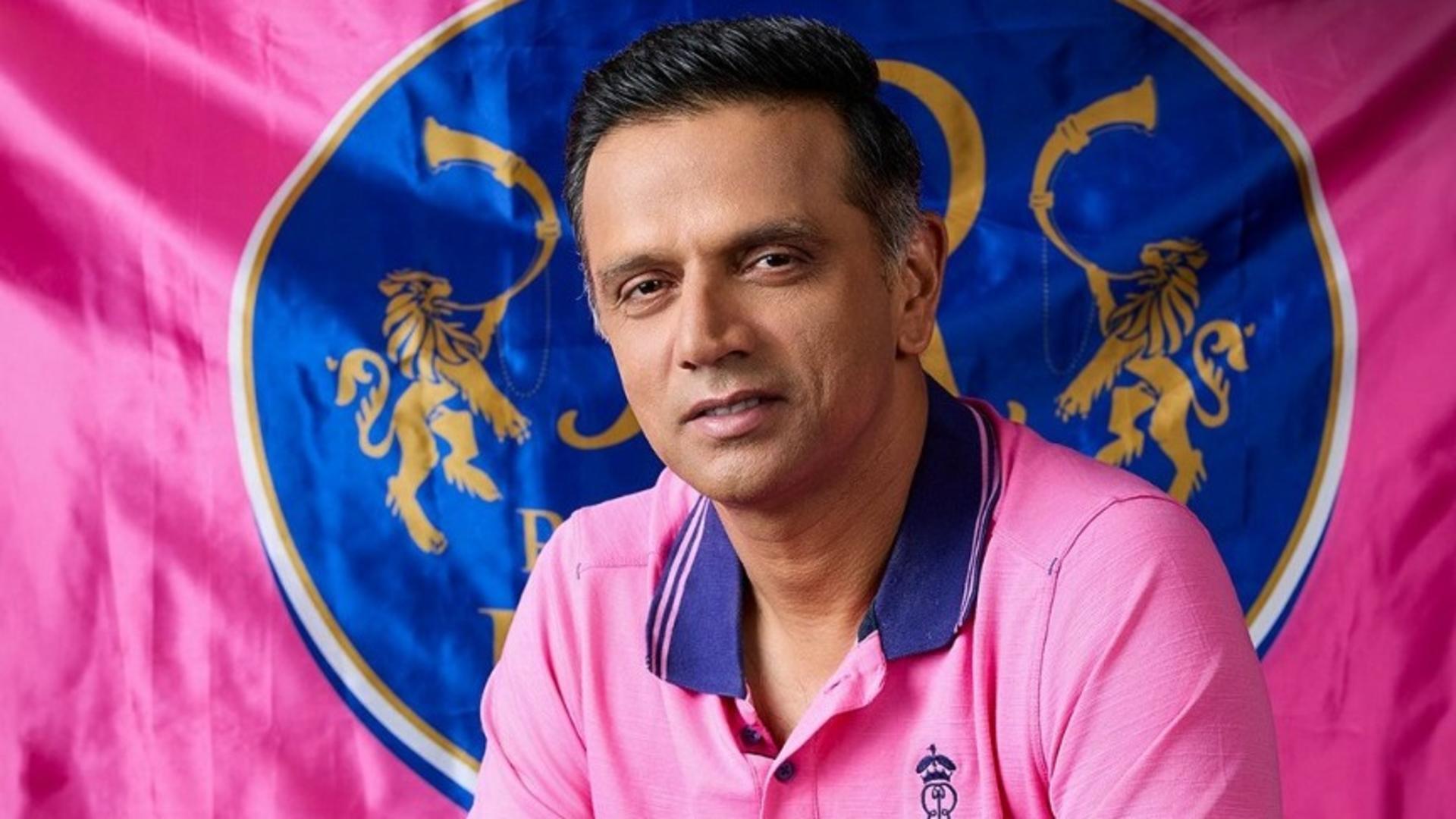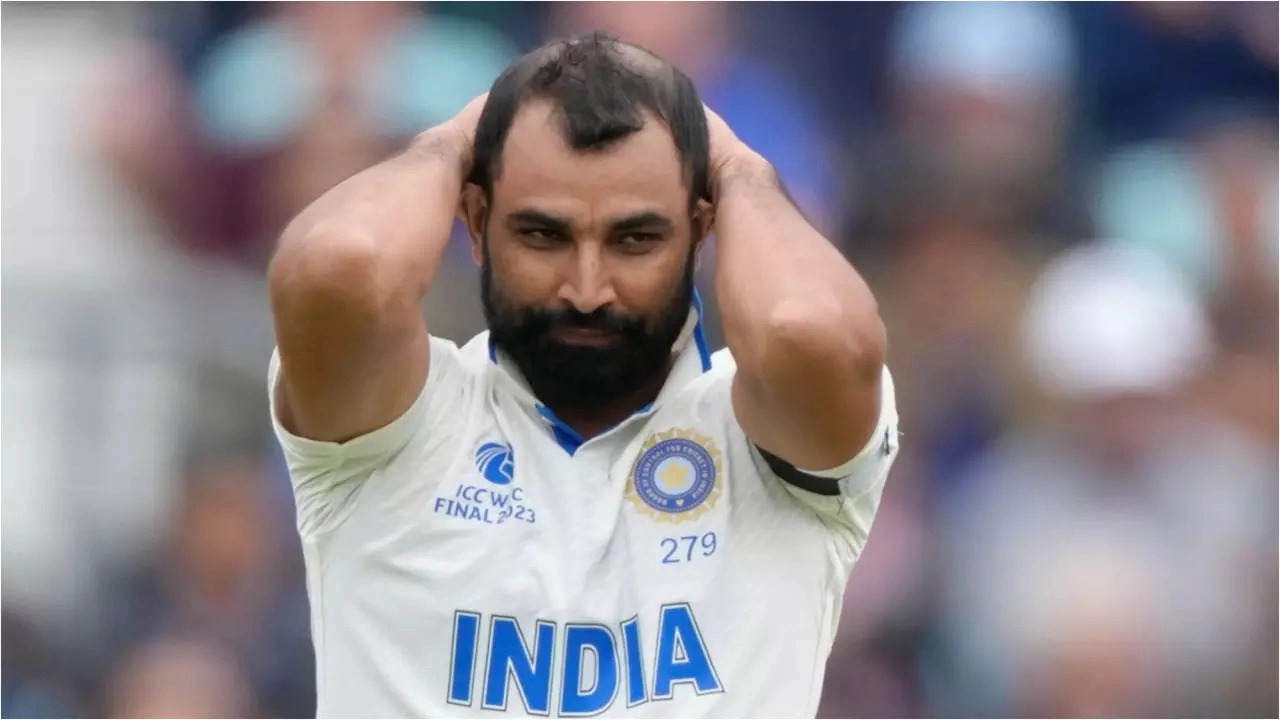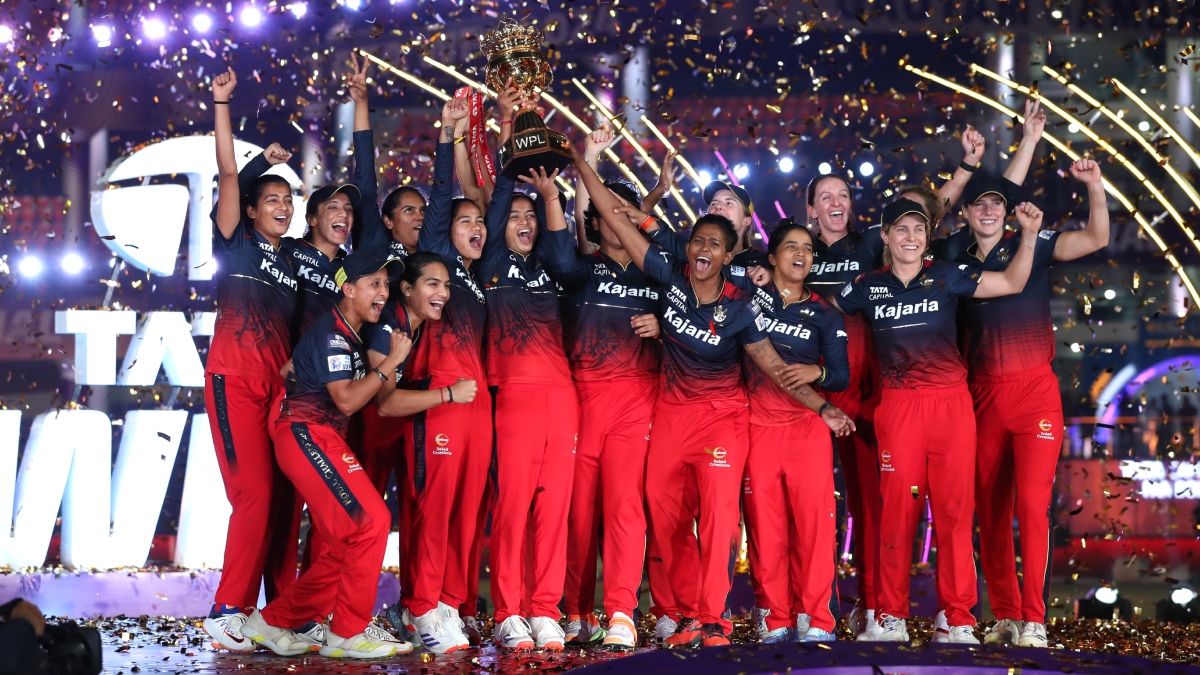As the killings in Bangladesh continued on Monday, August 5, claims surfaced that Prime Minister Sheikh Hasina had resigned and fled the nation aboard an army chopper. The South Asian nation is experiencing some of the worst violence since its founding in 1971.
The nation’s ongoing unrest may put the next Women’s T20 World Cup in danger. It is scheduled to take place in Dhaka and Sylhet from October 3 to October 20.
An ICC official told The Times of India that while the international body hasn’t made up its mind to transfer the event out of Bangladesh, it is “closely monitoring the develoments.”
In close collaboration with the Bangladesh Cricket Board (BCB), its security agencies, and our own independent security advisors, the ICC is keeping a careful eye on developments. The security and welfare of each and every participant are our top priorities, an ICC representative told TOI.
For those who are unaware, Hasina’s government has faced widespread student protests over a contentious quota system that allocated 30% of government employment for the kin of veterans who fought in Bangladesh’s 1971 War of Independence. The International Criminal Court (ICC) informed the media last month during the Annual Conference in Colombo that it was “closely monitoring the situation in Bangladesh.”
But since then, there have only been more killings and street disturbances, and the situation has only gotten worse. The Sylhet International Cricket Stadium in Sylhet and the Shere Bangla National Cricket Stadium in Dhaka will host 23 matches during the 18-day ninth edition of the Women’s T20 World Cup.
When the Indian captain Harmanpreet Kaur and the Bangladeshi captain Nigar Sultana attended a ceremony in Dhaka earlier this year, the ICC revealed the schedule for the major competition. Hasina had seen Sultana and Harmanpreet at her house before the scheduled event.
The prized trophy is currently held by Australia. With six victories, they are also the most successful squad in the tournament’s history. In the meantime, the West Indies and England each won the competition once.









 Win Projections to be updated soon
Win Projections to be updated soon












